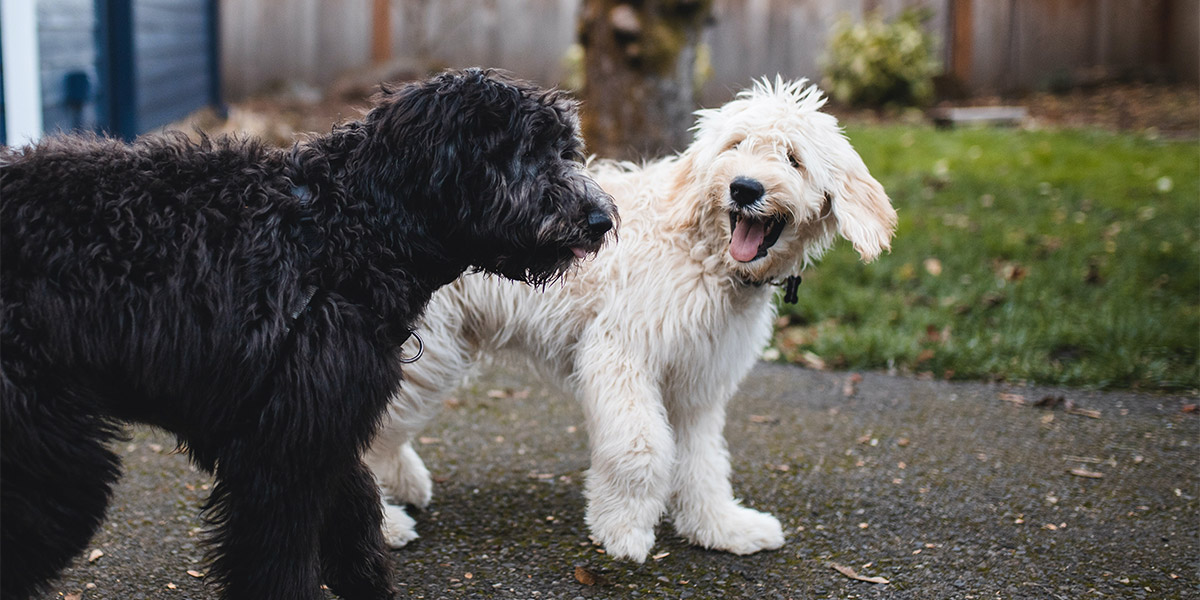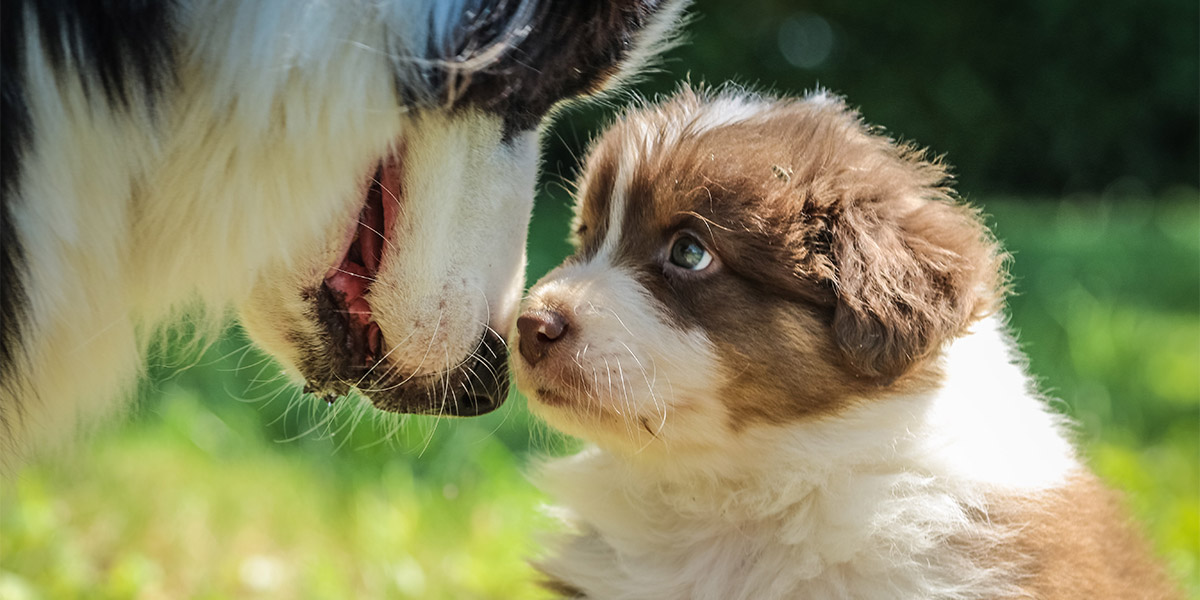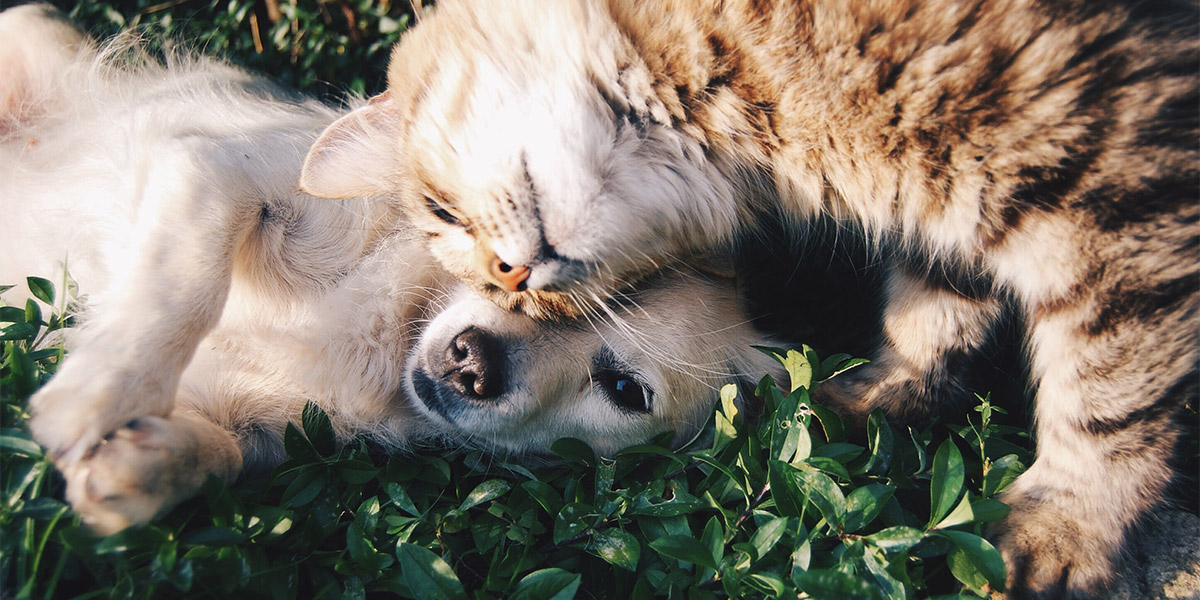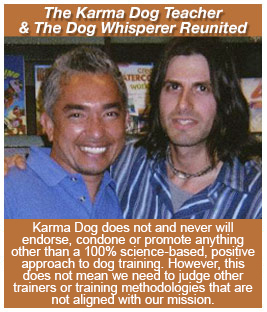Remedial Socialization
A gentle, effective, and enlightened approach to dog training
What is Remedial Socialization?
When speaking about socialization, the first thing that comes to mind are puppies! Puppies go through stages of development and have a critical socialization period which occurs between 4-16 weeks of age. The goal with socialization is to create positive experiences and associations to all things that a dog may encounter throughout its life such as other people, dogs, animals, sounds, places, objects in unfamiliar situations and environments. Socialization allows you and your dog to live more comfortably, and enjoy a happy, balanced life!
But what happens when your dog is more than 4 months old? Is it too late? Don’t worry, Karma Dog Training has you covered! While it may be true that remedial socialization can be a little more challenging in comparison to puppy socialization, it is never too late to improve the quality of life and strengthen your bond with your dog.
The need for remedial socialization is more common today after the COVID-19 pandemic restrictions. However, there are many reasons why remedial socialization becomes necessary. Some puppies were not able to have the much needed positive experiences with the public. Some dogs are adopted at an older age and were unable to receive proper socialization as a young puppy. And, some dogs previously had social skills but lost them due to isolation.
A dog that may need remedial socialization is one that:
- Gets overly excited and behaves in ways which negatively affect other people or dogs
- Displays anxiety when out on walks or visiting locations outside of the home
- Acts fearful or aggressive around people or other animals
- Acts tense, cowers, freezes, raises hackles, backs away, lunges, vocalizes when greeting people or dogs
How can we help you socialize your adolescent or adult dog?
We use the safest and most predictable ways to socialize your dog control of your dog’s environment and break the socialization up into steps that make it easy for your dog to have positive experiences.
With positive reinforcement based, fear free training methods we:
- Investigate health and overall stress
- Create a list of triggers and create a management and prevention plan
- Support realistic expectations and goals
- Set up training for success based on the individual dog and owner while adjusting protocols as needed
- Mark and reward desirable behaviors and good choices
- Teach the dog how we want them to respond in training set ups
- Train alternative or incompatible behaviors such as leave it, settling and standing calmly, walking on loose leash, attention, turning cues, etc.
- Proof the behaviors without triggers
- Proof the behaviors with a lower-level trigger present in a controlled training set-up
- Begin training the dog with the already learned cues with each trigger separately
- Pair positive associations with counterconditioning and desensitization teaching the dog the previously scary things always result in very good things
- Practice with people, places, things, animals, sounds, smells, etc.
With a well-socialized dog, you can go out and explore around other people and animals and lead a more fulfilling life. You can share an engaging outing without worrying about how your dog will feel and handle unfamiliar situations.
SCHEDULE YOUR FREE 10 MINUTE
ZOOM, FACETIME, GOOGLE DUO, SKYPE,
OR PHONE CONSULTATION
Schedule Now
Contact UsEmily Ozrey
Director, Karma Dog Training
Director, Karma Dog Training




















